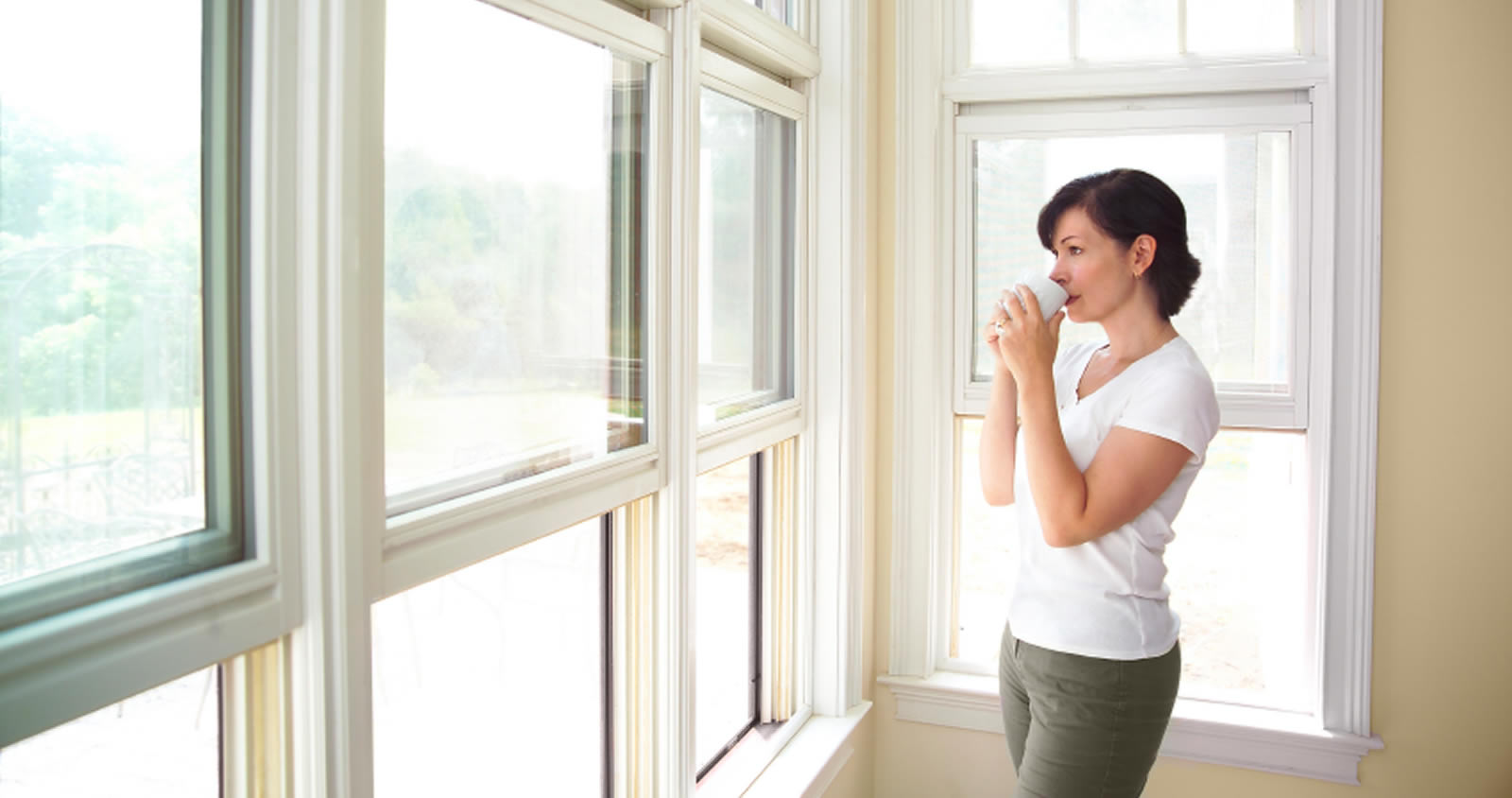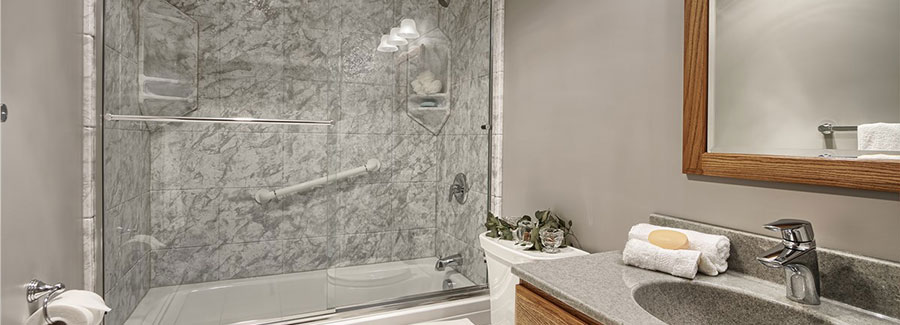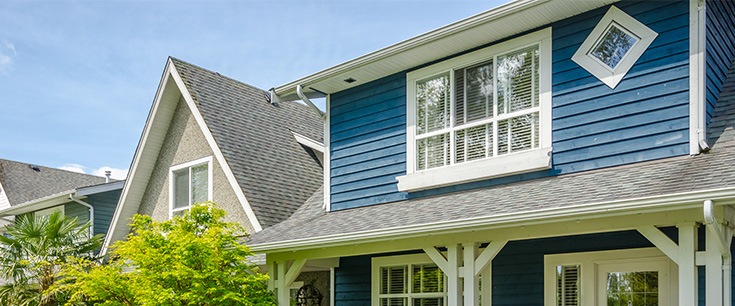Unlocking Energy Efficiency: The Ultimate Guide to Energy-Saving Windows
In today’s eco-conscious world, maximizing energy efficiency in our homes is a top priority. One of the most impactful ways to achieve this is through the installation of energy-saving windows. These technologically advanced windows not only enhance the aesthetics of your home but also significantly reduce energy consumption, leading to lower utility bills and a smaller carbon footprint.
Understanding Energy-Saving Windows
Energy-saving windows, also known as energy-efficient windows, are designed to minimize heat transfer between the interior and exterior of your home. They feature advanced glazing technologies, such as low-emissivity (low-E) coatings and multiple panes filled with insulating gases like argon or krypton. These innovations help to prevent heat loss during the winter and keep unwanted heat out during the summer, resulting in a more comfortable indoor environment year-round.
Key Benefits of Energy-Saving Windows
1. Reduced Energy Costs
By minimizing heat transfer, energy-saving windows reduce the need for heating and cooling, resulting in lower energy bills. Over time, the savings on energy costs can offset the initial investment in upgrading your windows.
2. Enhanced Comfort
Energy-efficient windows help maintain consistent indoor temperatures, eliminating cold drafts in the winter and hot spots in the summer. This creates a more comfortable living space for you and your family throughout the year.
3. UV Protection
Many energy-efficient windows are equipped with coatings that block harmful ultraviolet (UV) rays from entering your home. This not only protects your furniture, flooring, and decor from fading but also reduces the risk of skin damage caused by prolonged sun exposure.
4. Noise Reduction
The advanced construction of energy-efficient windows helps to dampen outside noise, creating a quieter and more peaceful indoor environment. This is especially beneficial if you live in a noisy urban area or near busy streets.
Choosing the Right Energy-Saving Windows
When selecting energy-saving windows for your home, there are several factors to consider:
- Frame Material: Common options include vinyl, fiberglass, wood, and aluminum. Each material has its own advantages in terms of durability, energy efficiency, and aesthetic appeal.
- Glass Type: Look for windows with low-E coatings and multiple panes for optimal insulation. Consider additional features like gas fills and warm-edge spacers to further enhance energy efficiency.
- Energy Ratings: Pay attention to energy performance ratings, such as the U-factor, Solar Heat Gain Coefficient (SHGC), and Visible Transmittance (VT). Higher ratings indicate better energy efficiency.
Installation and Maintenance Tips
Proper installation is crucial to the performance of windows. Be sure to hire a qualified professional to ensure a proper fit and seal. Additionally, regular maintenance, such as cleaning and inspecting the seals and weatherstripping, will help prolong the lifespan and effectiveness of your windows.
Conclusion
Investing in energy-saving windows is a smart decision for homeowners looking to improve energy efficiency, comfort, and sustainability. With their advanced technologies and numerous benefits, these windows offer long-term savings and environmental benefits. Upgrade your home with energy-saving windows today and enjoy a more efficient and comfortable living space for years to come.




